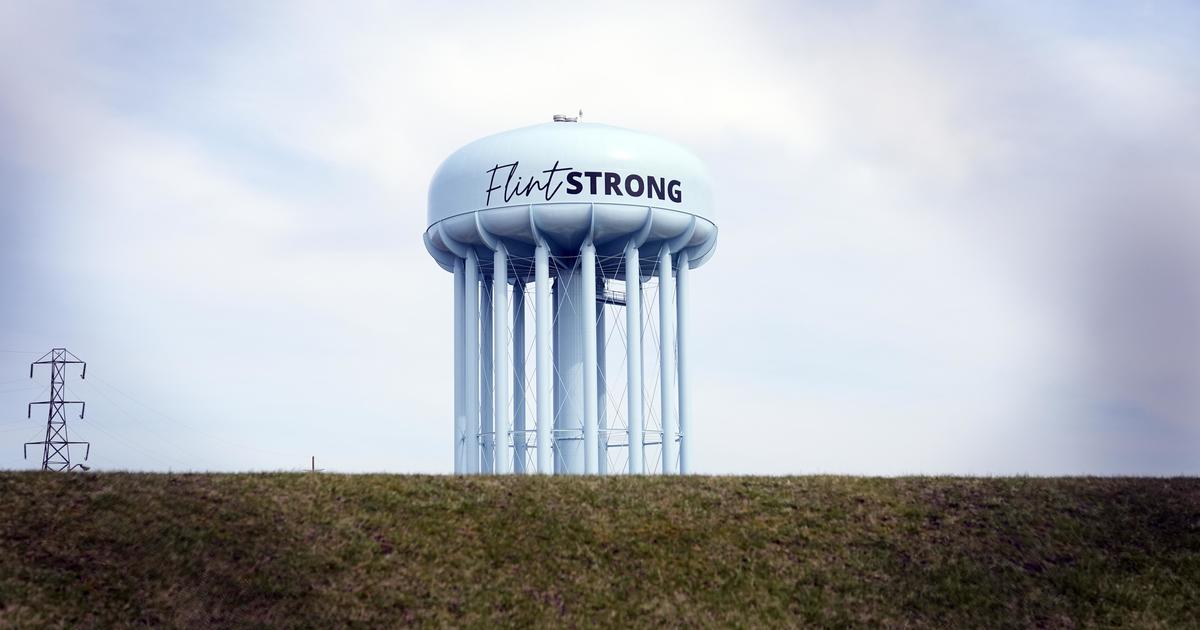Michigan Insurance Prices Up Slightly Under Health Care Law
DETROIT (AP) - Many Michigan consumers will pay modestly more for health insurance - with an average increase well below the national average - entering the third year of President Barack Obama's health care law.
The federal government said the cost of a benchmark plan in Michigan on HealthCare.gov will increase 1.2 percent for 2016 coverage. Consumers could start choosing plans Sunday through the online marketplace and have until Dec. 15 to buy coverage if they want it to start Jan. 1.
About 294,000 Michigan residents now get coverage through HealthCare.gov.
Across all 37 states using the HealthCare platform, the cost of the benchmark plan will rise on average 7.5 percent. Analysts say Michigan favorably compares with many other states because it's a highly competitive market with more than a dozen insurers - and roughly 200 plans - vying for business.
"(Michigan is) one of the most robust markets in the country," said Marianne Udow-Phillips, director of the Center for Health Care Research and Transformation at the University of Michigan. She added the state is "sort of seeing what the framers of the (Affordable Care Act) hoped would happen."
Udow-Phillips said she was surprised at how many insurers have entered Michigan's online exchange, given the dominance of Blue Cross Blue Shield of Michigan. She said other health plans see a "natural market" to join in a state that's had a high rate of insured people, many with employer-sponsored coverage.
Both Udow-Phillips and a colleague at the center, senior health policy analyst Josh Fangmeier, say Michigan also has numerous managed care organizations that expanded into the exchanges. She said they saw "an opportunity to diversify their population."
By contrast, there were roughly 500 U.S. counties last year with one insurer. Udow-Phillips said Utah has just one health care plan on its exchange, and rates there are increasing an average of 16 percent.
She said new entrants also have found a more welcoming market than in other states where leaders were less supportive of the health care law. She said Republican Gov. Rick Snyder took a "pragmatic approach" to it - expressing reservations about the law but supporting the idea of an exchange despite lawmakers rejecting a strictly state-run model.
"There are other states where for political reasons there have been obstacles put up to implementation," she said. "We've seen lot of people pull together."
Still, plans vary widely and some consumers in certain plans or areas will see much higher increases than the average. For instance, according to the state Department of Insurance and Financial Services, Blue Cross Blue Shield's overall rate increase is 11.4 percent and Priority Health's is 3.4 percent, while Humana Insurance Co. is decreasing its rate by 4.9 percent.
Officials encourage people to shop around to the extent their local markets allow. The Health and Human Services Department said Michigan residents who enrolled in the exchange last year and switched to another plan this year with the same coverage saved roughly $300 annually.
© Copyright 2015 The Associated Press. All Rights Reserved. This material may not be published, broadcast, rewritten or redistributed.



